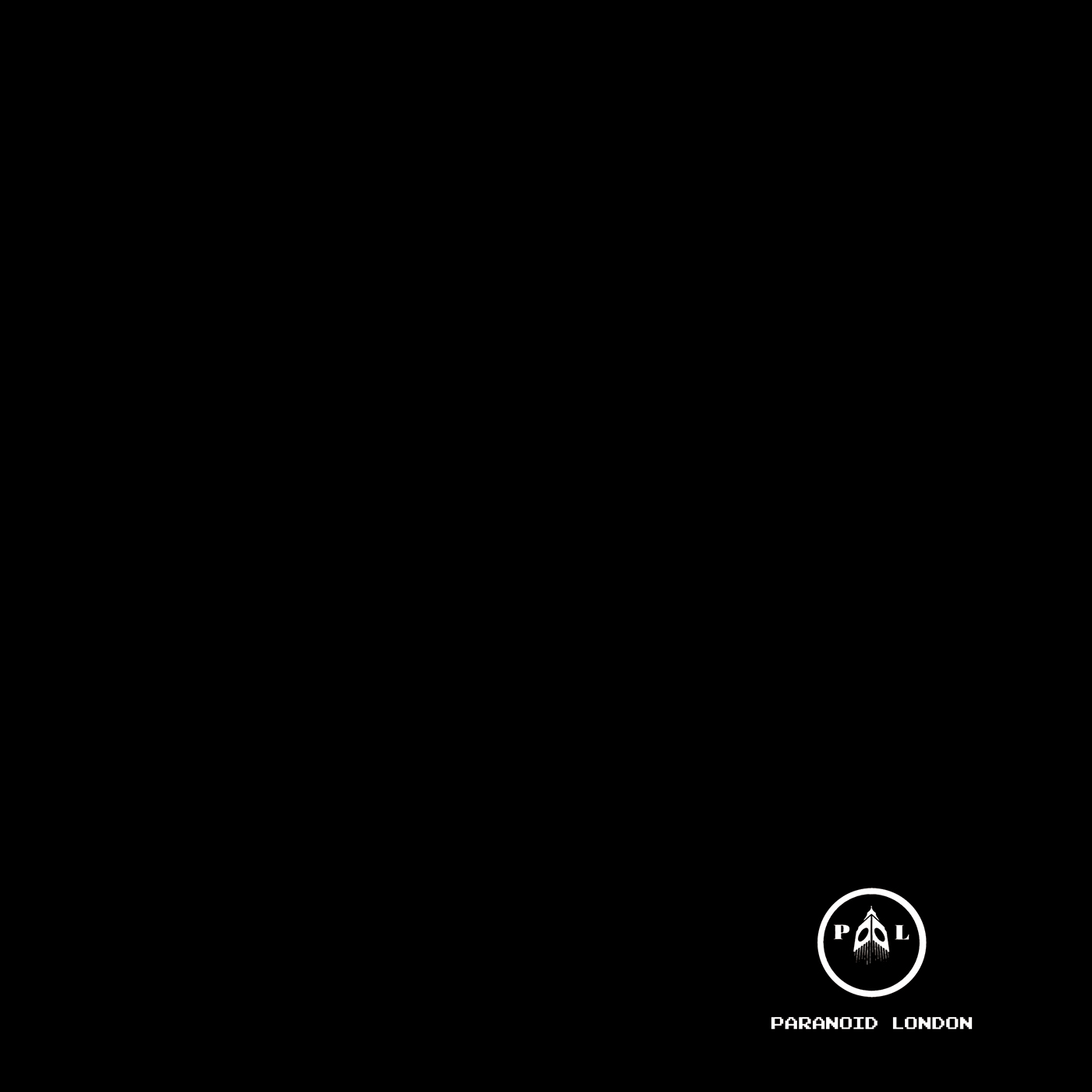Paranoid London Paranoid London
Pure acid, steeped in the house-is-a-feeling ethos, is the London production crew's modus operandi.

Paranoid London is stuck in the past, forever trying to tap into a well of nostalgia mere golden glow in the rear-view mirror. That might sound like a negative statement—after all, nostalgia was once considered a form of mental illness, sometimes attributed to demons inhabiting the middle brain. But in the case of the production team of Quinn Whalley and Gerard Delgado, the delirium is entirely welcome—the era that the pair are fondly looking back towards is that of the original acid-house explosion, when the likes of Phuture, Sleezy D, Farley “Jackmaster” Funk, Adonis and the rest were first twiddling the knobs of the Roland TB-303. And the pair—aided and abetted by a series of vocalists, most often the somewhat mysterious Mutado Pintado—absolutely nails it, in both in old-school sound and honest, early-house ethos.
That ethos could, in part, be described “let the music do the talking”—Paranoid London doesn’t do interviews and, beyond their raucous live gigs, seem relatively oblivious in the ways of self-promotion. Until now, the duo didn’t even make their music very accessible; Paranoid London, a re-release of a hard-to find, vinyl-only album that came out late last year, is first the time that Whalley and Delgado have made any of their productions available in a digital version. But whatever the format, it’s hard to beat the appeal of this music even if you weren’t around for the first acid explosion, or even if you managed to avoid one of the genre’s multiple resurgences.
The album kicks off in high acidic gear with the grinding bassline and synthetic claps of “Light Tunnel,” a cut reminiscent of the aforementioned Adonis’s “No Way Back.” The track sees Pintado, in his monotone voice, substituting Adonis’s ode to abandonment on the dancefloor with…well, it’s not entirely clear, really. (Something about “light tunnels, way down below,” basically.) The track sets the template for much of what follows: raw grooves, skeletal arrangement and a grunginess that makes it sound as if it might have been recorded on a broken Tascam Portastudio. The instrumental jack track “Machines Our Coming” pares down that template, its relentless kick, hi-hats and spiky 303 line reducing acid to its core; “300 Hangovers A Year,” another of Pintado’s numbers, is similarly defined by low-end grit and low-slung groove. There’s a bit of variety on tap: “Paris Dub 3,” featuring Paris Brightledge of “It’s Alright” fame on the mike, goes a bit deeper and dubbier, with Brightledge’s adding a ghostly that floats over a chopped choir; the moody, DJ Genesis–led “Lovin U (Ahh Shit)” could almost be a lost Fingers Inc. track.
But really, unrefined acid rhythms are the name of the game here. One could argue that it’s not the most original sound around, and one would be right—but it’s pure in intent, authentic in form and relentlessly powerful in execution. Paranoid London, above all, is an reminder of the the fun and the feeling—the pure jacking joy—that house can bring.

